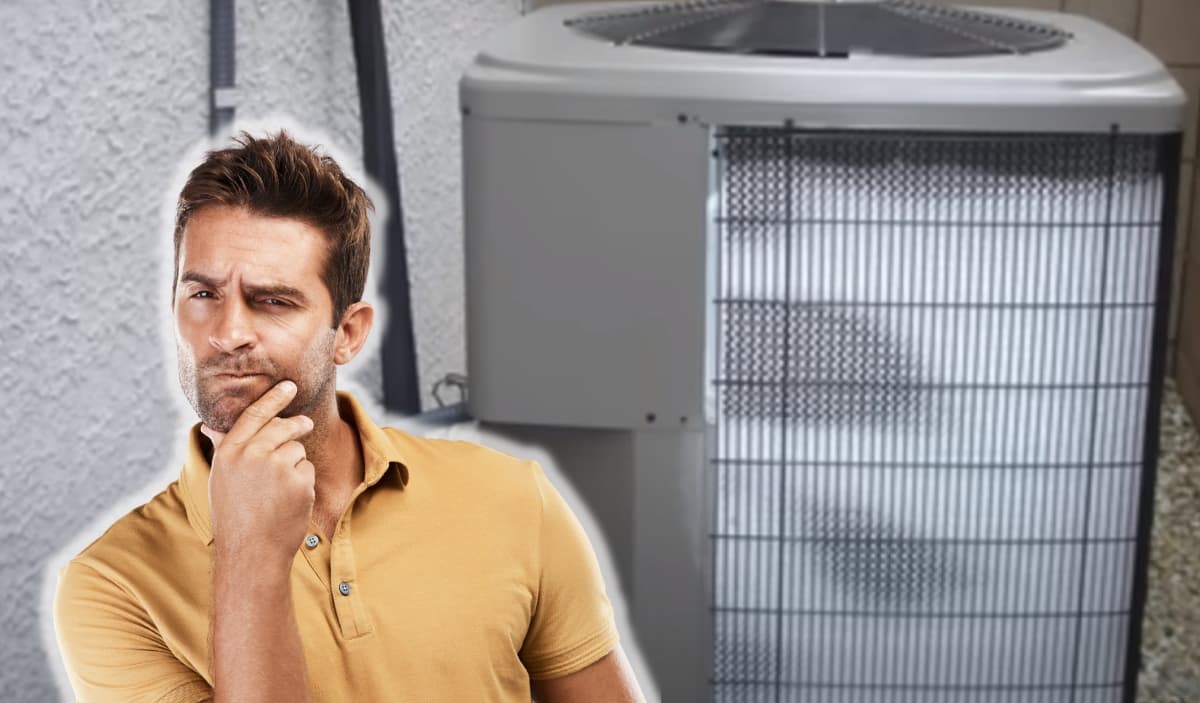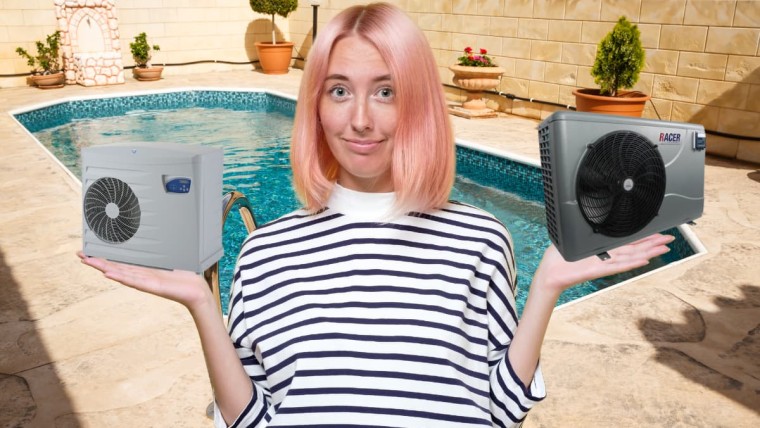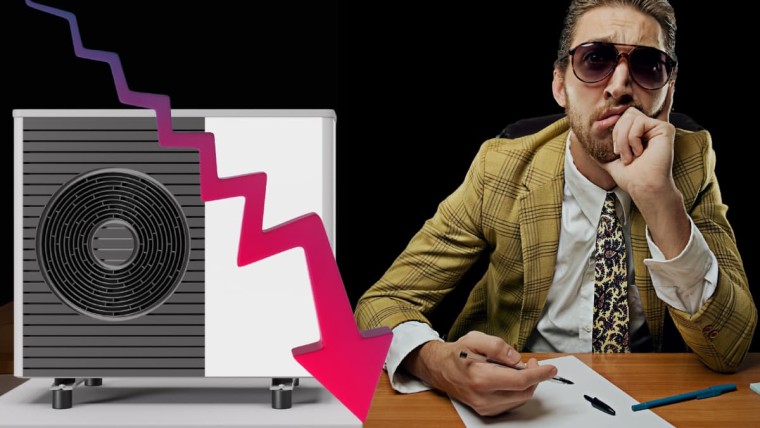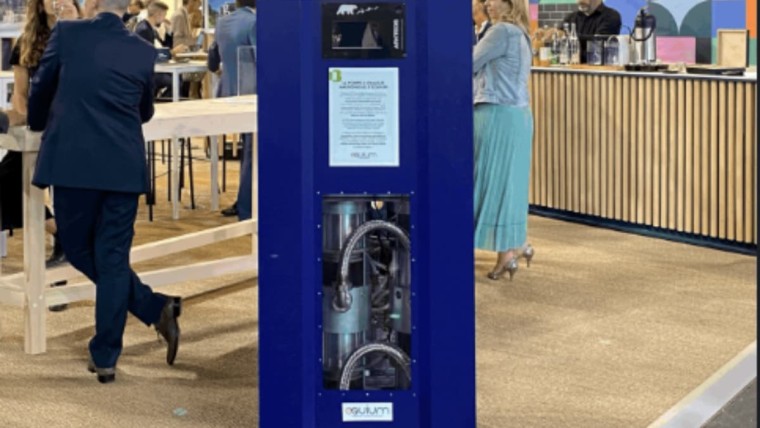Heat pumps are designed to provide heat and hot water for your home, even during the winter months. However, it's not uncommon for these heat pumps to experience freezing problems in very cold weather.
In this article, we'll look at the reasons why a heat pump freezes and give you some tips on how to remedy the situation.
Why heat pumps freeze
Heat pumps work on the principle of extracting energy from the ambient air (evaporation) and then compressing it to produce heat for your hot water network.
This operation also leads to the condensation of water vapour in the outside air, which is transformed into liquid water or frost, depending on the outside temperature. It is therefore normal for a heat pump to be covered with ice or frost in winter.
Possible causes of excessive heat pump freezing
- Faulty defrosting system : Heat pumps feature an automatic defrost cycle to prevent excessive ice build-up. By reversing the cycle, your heat pump turns into an air-conditioning unit for 10-15 minutes, heating up and defrosting the outdoor heat exchanger. If the defrosting system malfunctions, the pump, and in particular the evaporator at the rear of the outdoor unit, may freeze over.
- Insufficient refrigerant levels: A lack of refrigerant in the system can hinder the defrosting cycle, as there isn't enough gas to heat up the heat exchanger fins. The cycle is reversed, but there's not enough power to remove the frost, because the surface temperature of the outdoor unit's heat exchanger is too low.
- Faulty thermostat or sensors : Problems with the heat pump's thermostats or internal sensors can also cause ice build-up, as they fail to detect it correctly.
- Poor air circulation: If you have placed bulky objects near the heat pump, this can disrupt air circulation and encourage freezing. Make sure you don't park your car too close, or place garbage cans or barriers around the unit, and of course that you position your heat pump at a safe distance from the wall.
How to solve a heat pump freezing problem?
Before taking any steps to solve this problem, make sure your heat pump isn't simply running an automatic defrost cycle. Your control system should indicate this if the cycle is running. If this is the case, wait a few minutes and normal operation should resume after a few minutes.
You may be tempted to splash some hot water on your heat pump with the garden hose, but don't give in to the temptation, whether it's hot or cold water, as this could damage its electrical components. Here are a few steps to follow if you suspect your heat pump is freezing:
- Check whether the heat pump is in defrost mode.
- Inspect the location of your heat pump to make sure there are no obstructions preventing air circulation.
- Consult a professional to check the refrigerant levels in the system and adjust them if necessary.
- Have defective thermostats and sensors inspected and replaced, if necessary, by a heat pump expert.
Freezing of heat pumps during the winter is a common phenomenon that can become serious if maintenance is not carried out regularly, or if the climate is simply too harsh. The first step is to understand what's causing the problem, and when to call in a professional to resolve it. Don't necessarily jump on your phone at the slightest alert, as this could cost you too much and reduce your return on investment.
What will keep you away from all these frost problems is really to not skimp on the maintenance of your heat pump, and to find a well thought-out location for it, even if it's not ideal for the aesthetics of your home.

Julien G.
Juliena mechanical engineering graduate and specialist in climate engineering since 2009, has become a writer specializing in renewable energies, with expertise in heat pumps and photovoltaic solar panels for individual housing.
See all articles by this author






